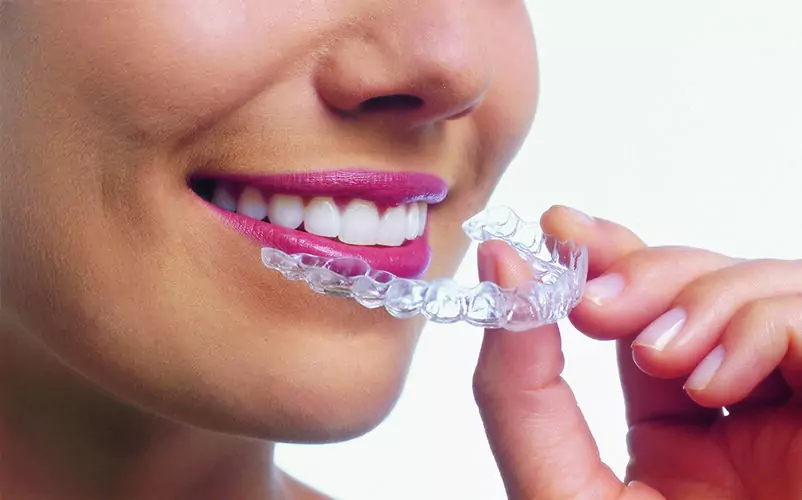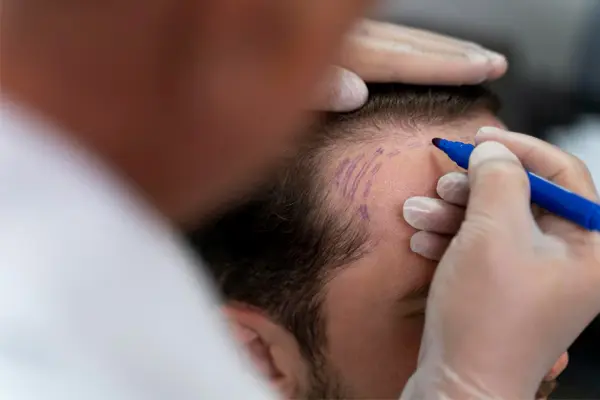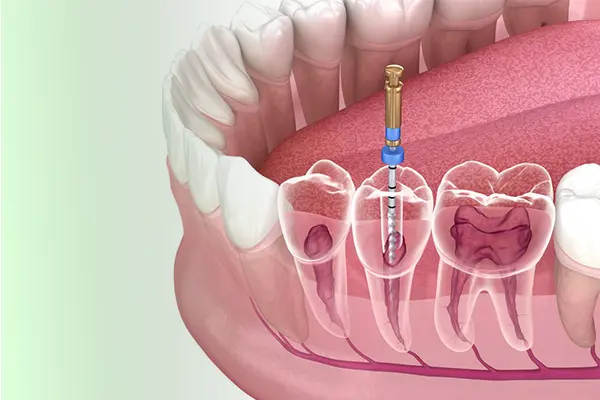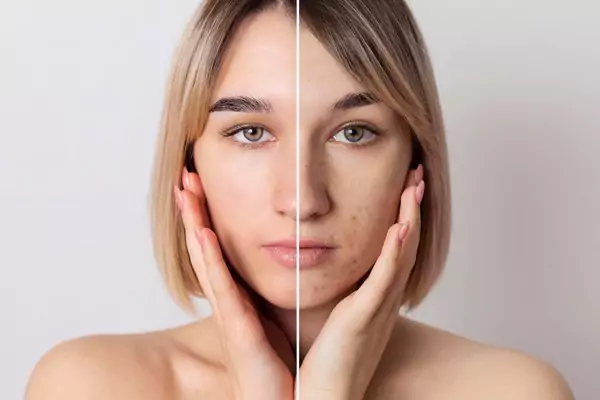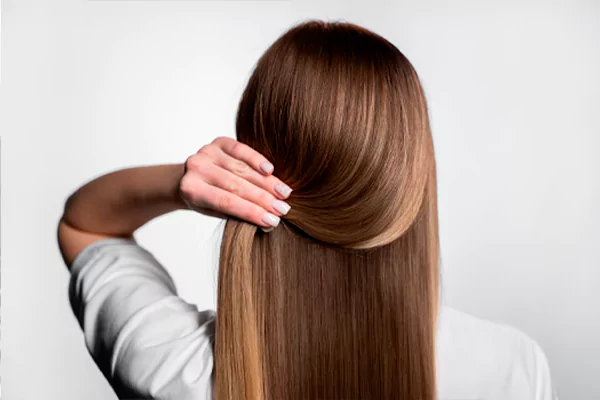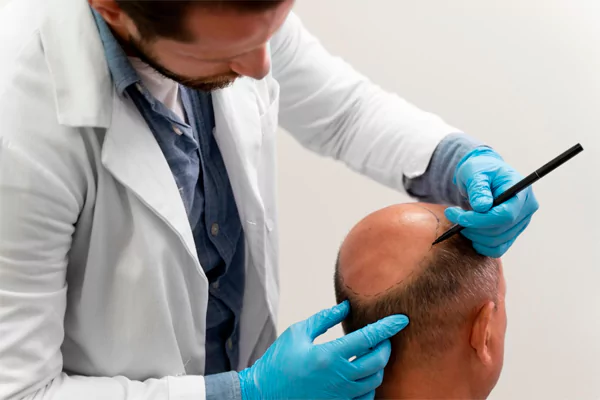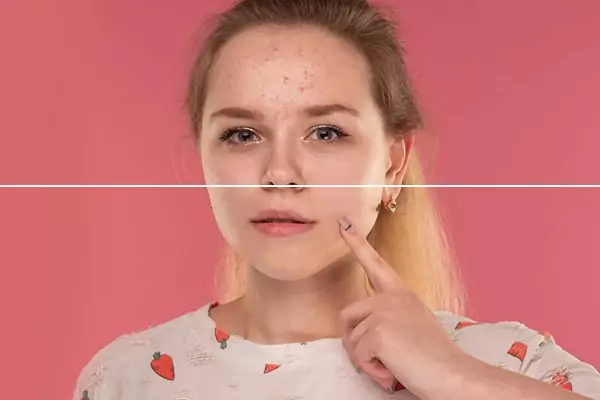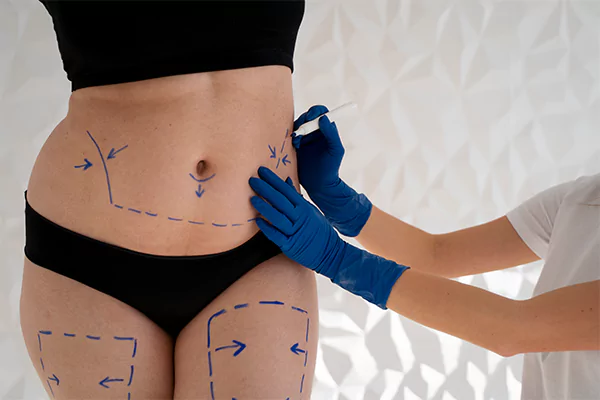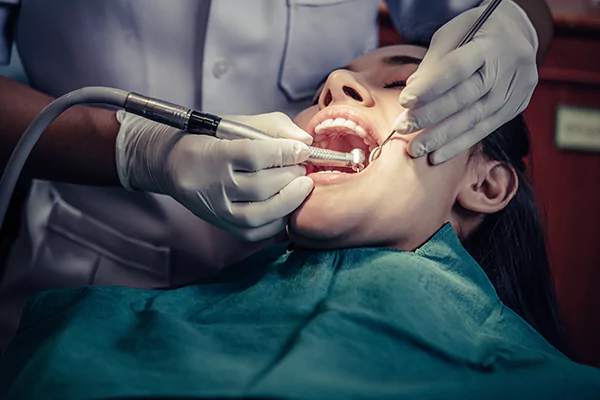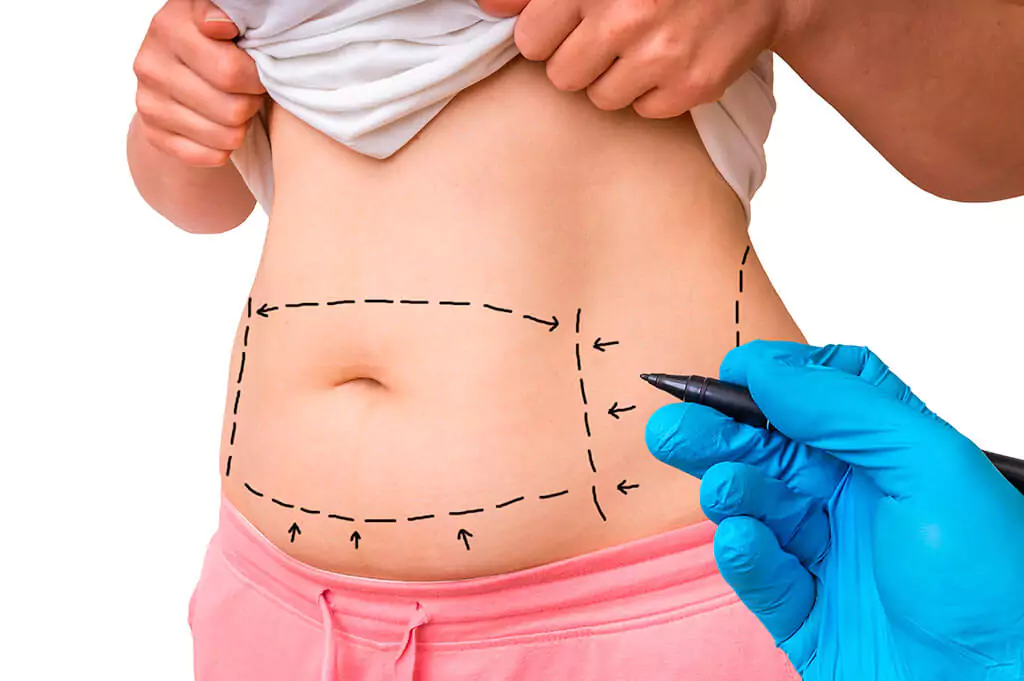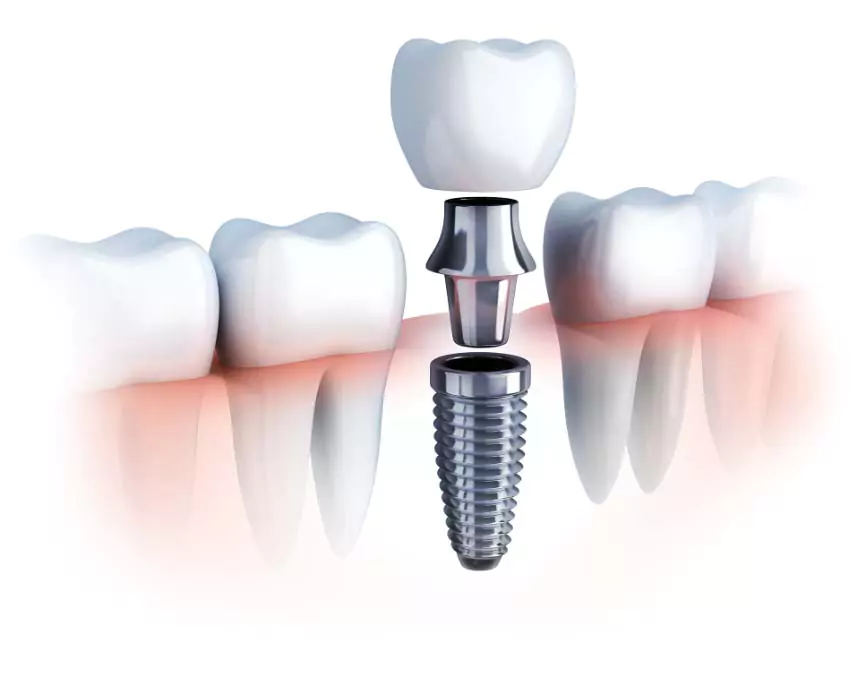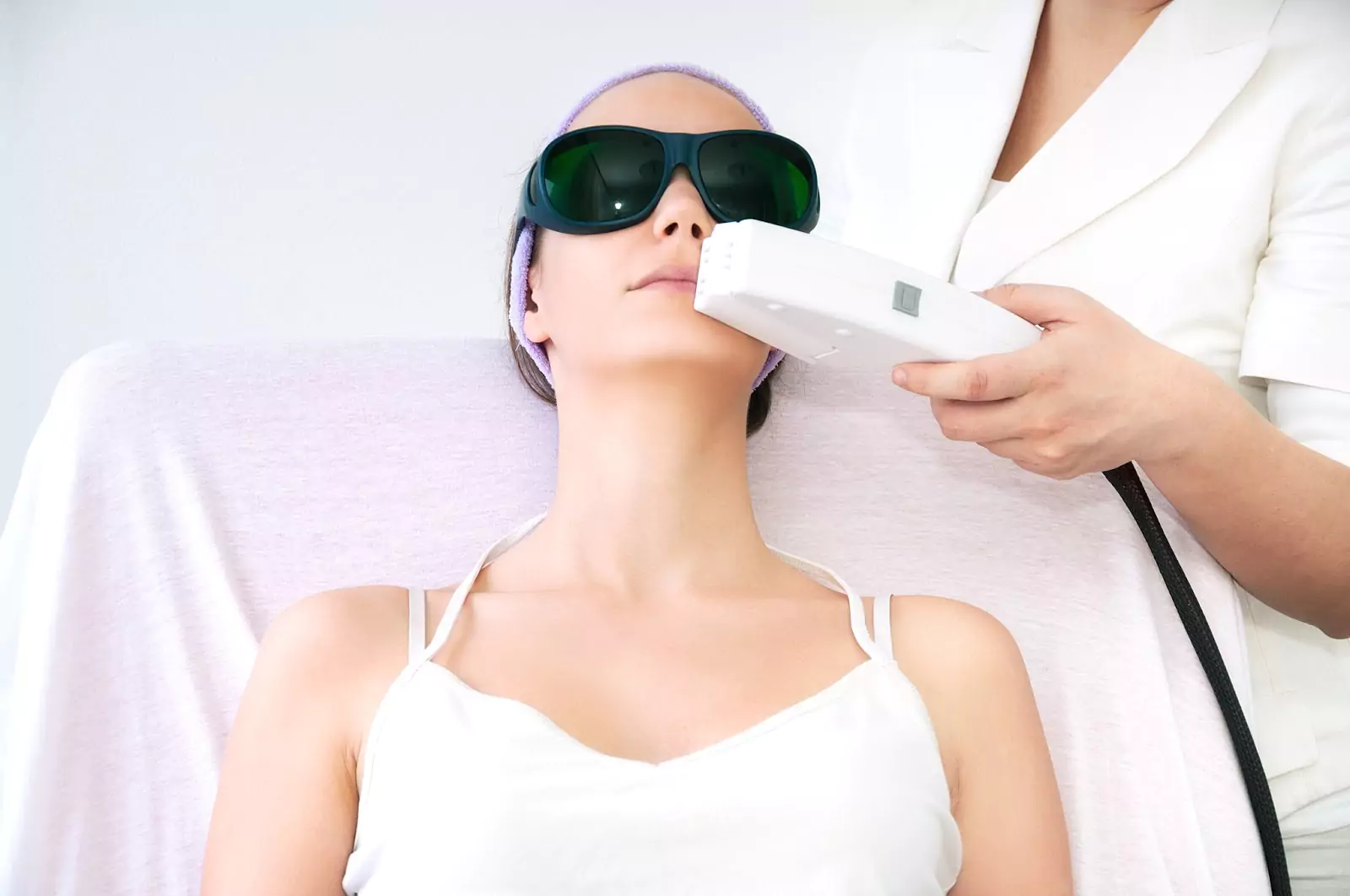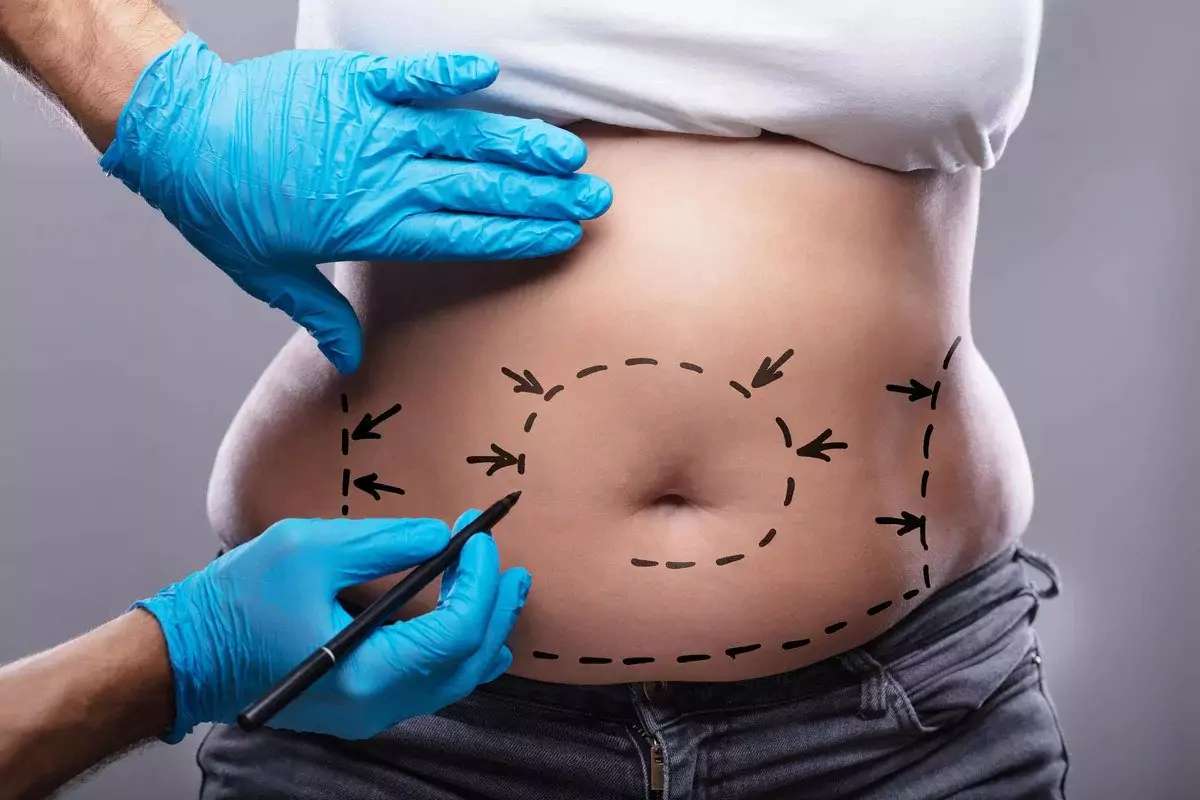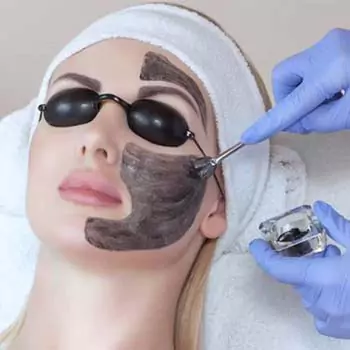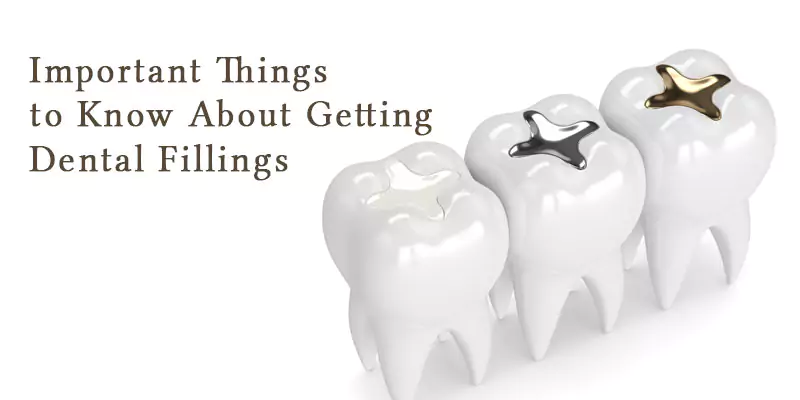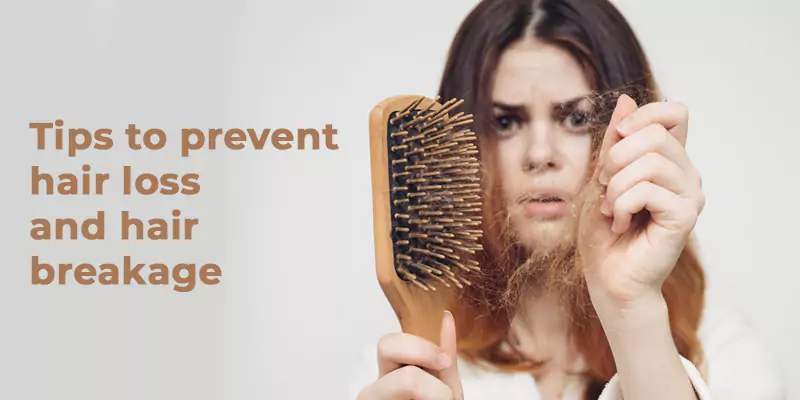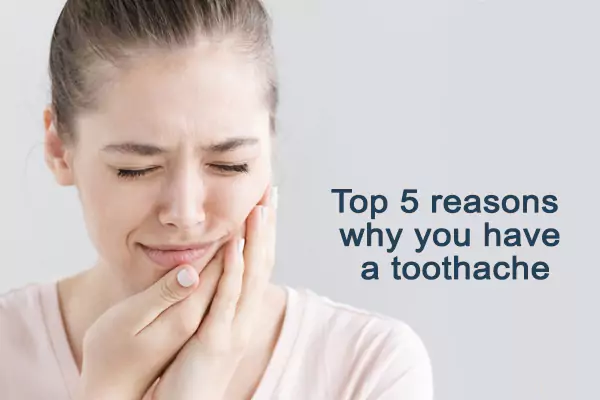If you’re considering getting teeth correction treatment, there is a revolutionary solution that can help not just with the aesthetic benefits of teeth alignment, but also with benefits that can improve your oral health massively.
Invisalign is one of the most popular and practical orthodontic procedures for teeth straightening. It achieves the same desirable outcomes as traditional braces. Only that Invisalign is more discreet and can enhance your smile faster. These almost undetectable aligners also eliminate the need for food-trapping metal brackets and do not require unpleasant wire tightening. Aside from these, Invisalign has a slew of advantages that can help you enhance your oral health.
Invisalign employs aligner trays made of smooth, BPA-free transparent plastic that are worn over teeth instead of traditional braces, which consist of metal brackets bonded to the teeth and connected together with wires and little rubber bands. The upper half of the tooth receives the majority of the pressure from these trays, which forces it into the proper position from top to bottom, including the root.
How Invisalign can drastically improve your oral health
Lesser Gum Problems
Cleaning traditional metal braces might be difficult. As a result, many people who wear dentures experience gum irritation. This might be exacerbated for people who already have gum problems as a result of crooked or misaligned teeth. You can maintain your gum’s health during treatment with Invisalign. In fact, research done by the University of Florida's Department of Orthodontics found that Invisalign can minimise bleeding and the depth of gum pockets.
Lesser tooth decay and damage
Unlike traditional braces, Invisalign may be taken out anytime you need to eat. Food debris is less likely to become lodged in metal wires as a result of this. Furthermore, with these removable aligners, you may clean and floss your teeth as usual. Plaque accumulation and tooth decay are less likely if you do it this way.
Maintain tooth structure
Your teeth are put under extra pressure when they are misaligned. It can also injure the supporting bone and jaw joints in your mouth, causing pain. In some situations, the tooth may shatter, necessitating the use of a dental crown to restore its strength and structure. Using Invisalign to straighten your teeth can relieve you of discomfort while also saving you time and money.
Improves oral functionality
Untreated misaligned teeth can cause a variety of issues, including chewing difficulty and communication challenges. These problems can be solved with Invisalign. Furthermore, these translucent, thin plastic aligners are detachable. So, even if you're still working on correcting the flaws, you might already have a natural-looking grin. You may need a few days to adjust to this orthodontic appliance. However, the great majority of patients do not report any speech difficulties as a result of using Invisalign.
How to maintain Invisalign
- Avoid consuming liquids when wearing your aligners
The good news is that you rapidly become accustomed to wearing plastic aligners over your teeth. The bad news is that you'll practically forget you're wearing aligners, which may lead to you drinking liquids while they're in place.
The liquid from our various beverages seeps beneath the aligners and comes into touch with our teeth. This is a negative thing unless the liquid is water. Anything acidic or sugary beverages should never come into touch with your teeth while wearing an aligner since saliva cannot neutralise it. The simple guideline is that while wearing your aligners, you should only consume plain (not sparkling) water. The more sugar or acidic a beverage has, the worse it is for your oral health.
- Rinse your mouth before you place your aligners again
Before you place the aligners on your teeth, you should wipe all of the plaque and food debris off of them. However, we recognise that this is not always possible. Maybe you're out to lunch for a crucial work meeting, or you're having dinner at someone else's place. We don't want you to leave your aligners out until you can go to your toothbrush and floss in these situations. Before re-inserting your aligners, rinse your mouth thoroughly with plain water (not sparkling) to eliminate any loose plaque or food debris.
A few consequences of Invisalign
One of the "cons" of Invisalign is that it increases the risk of cavities and gum disease, much like conventional braces. While the danger is reduced with Invisalign since the aligners may be removed for better oral hygiene, the plastic barrier prevents saliva from accessing the teeth and gums. Saliva is beneficial to the teeth, as it protects them against cavity-causing germs and bacterial accumulation that causes gum disease.
Aligners can potentially raise the likelihood of TMJ disorders in some patients. The way the teeth bite together is slightly altered by the thickness of the aligner plastic. In most patients, this has little effect on the joints, but in individuals who are at risk for TMJ dysfunction, even the thin plastic of the aligners can have an influence.
If you notice any pain or limitation in opening your mouth, ringing in your ears, clicking or popping noises when you happen to chew, etc, Stop wearing the aligners, or wear them one at a time to see if the symptoms improve. It is imperative to ensure that you notify your dentist to take cautionary steps.

